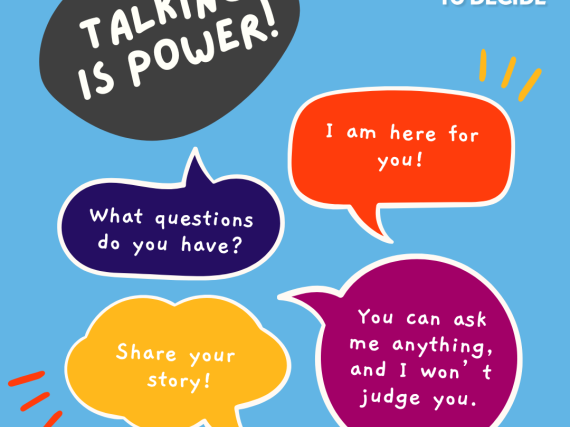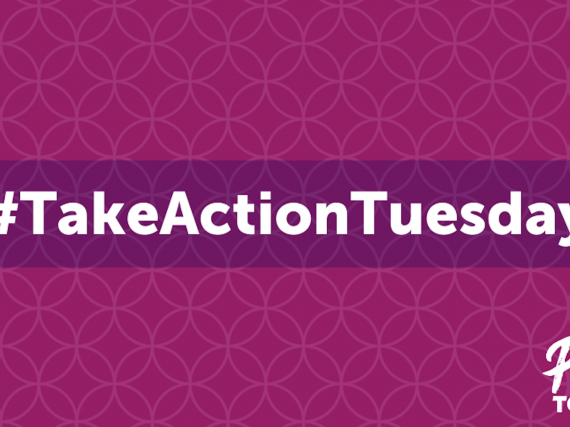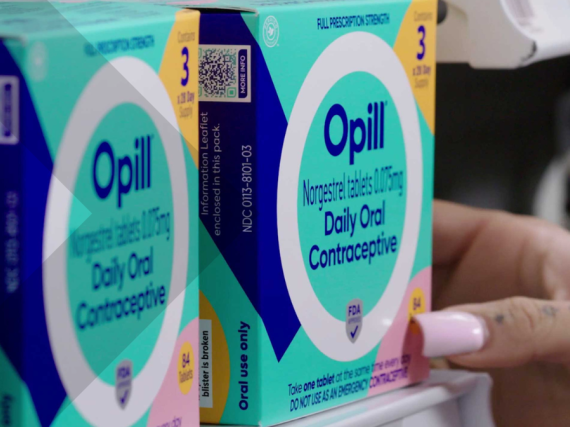Consent and Sex Ed
Each stage of childhood and young adulthood provides parents, champions, and mentors with diverse opportunities to teach young people about consent. From talking to a toddler about borrowing toys to talking to a teen about all things sex, love, and relationships, conversations about consent (and love, sex, relationships, and birth control!) should begin during childhood and evolve as young people grow.
JAMA Pediatrics recently published an article backing us up. Researchers found that educating young people about sex didn’t change how old they are when they began having it. In fact, study results showed that when parents got involved early and talked often, their interventions had a stronger positive effect.
Fostering an open and honest relationship with your young person will help to ensure that they feel comfortable coming to you with their questions. Young people want and need their parents and the other adults who care about them to talk openly, honestly, and without judgment about all things sex, love, and relationships. To spark meaningful conversations with your teen we have a host of materials to get you started.
But these conversations shouldn’t be limited to the living room. We believe that all young people deserve access to quality sexual health information and services, and the sense of agency and opportunity necessary to determine and act upon what is best for them. We believe in sex ed for all.
In order to live life on their own terms, young people need to participate in discussion that includes consent along with other topics covered by sex education, like relationships, making decisions about sex, and protecting against pregnancy and STIs. This is especially true for young people in marginalized populations who have not been represented well in sex education—including communities of color, LGBTQ young people, immigrants, those with lower incomes, those living in rural areas, and those in foster care. We must work together to help them gain access to the information and care they need to ensure their lifelong sexual and reproductive health.
Currently, only eight states require discussions of consent as part of sex ed curriculum. Often these talks focus more on how students (predominantly young women) can avoid being assaulted or raped than a more integrated and proactive discussion that frames consent as a necessary life skill applied to more than simply sexual situations.
Sex education comes in many forms and from many sources. Comprehensive, positive, and proactive sex education that included consent would certainly have made a difference in my life, and the lives of the women I grew up alongside. Bringing up consent in age-appropriate ways early in a child’s life and continuing the conversation as they grow will help give young people a solid start toward living life on their own terms.



